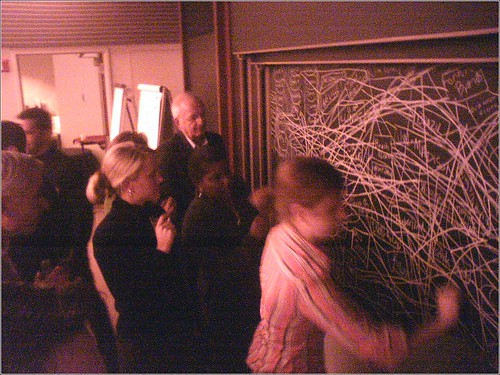“Link” is a word we all throw around a lot. A lot. Let’s go to the source on this for a minute (source: answers.com):
noun
- A unit in a connected series of units: links of sausage; one link in a molecular chain.
- A unit in a transportation or communications system.
- A connecting element; a tie or bond: grandparents, our link with the past.
- An association; a relationship: The Alumnae Association is my link to the school’s present administration.
- A causal, parallel, or reciprocal relationship; a correlation: Researchers have detected a link between smoking and heart disease.
verb, transitive
- To connect with or as if with a link: linked the rings to form a chain.
- (Computer Science.) To make a hypertext link in: linked her webpage to her employer’s homepage.
verb, intransitive
- To become connected with or as if with a link: The molecules linked to form a polymer.
- (Computer Science.) To follow a hypertext link: With a click of the mouse, I linked to the company’s website.
Now, those are just some of the definitions that are in current usage. And they are all about connection.

(social networking exercise, Chicago, IL, 2005)
When two things are connected, a link joins them. Take some linked items, and join them together, and all of a sudden you have a network. Dave Gray writes:
“Networks form the basis for everything, from the tiniest atom to the entire universe. Understanding networks and how they function may be one of the most important competencies of the knowledge economy.”
I agree with Dave. Which is why from Sunday-Tuesday, like Dave, I’ll also be at MeshForum. It looks like there’ll be a few other folks there, as well:
- Shannon Clark, founder of MeshForum
- Manuel Lima, founder of VisualComplexity.com
- Robert Scoble and Shel Israel
- Heather Gold
- Anil Dash
- Michael Herman
And many others, too. Here are a few links where you can learn more about MeshForum, register, or even check out the Haystack-based network we’re setting up for the event.